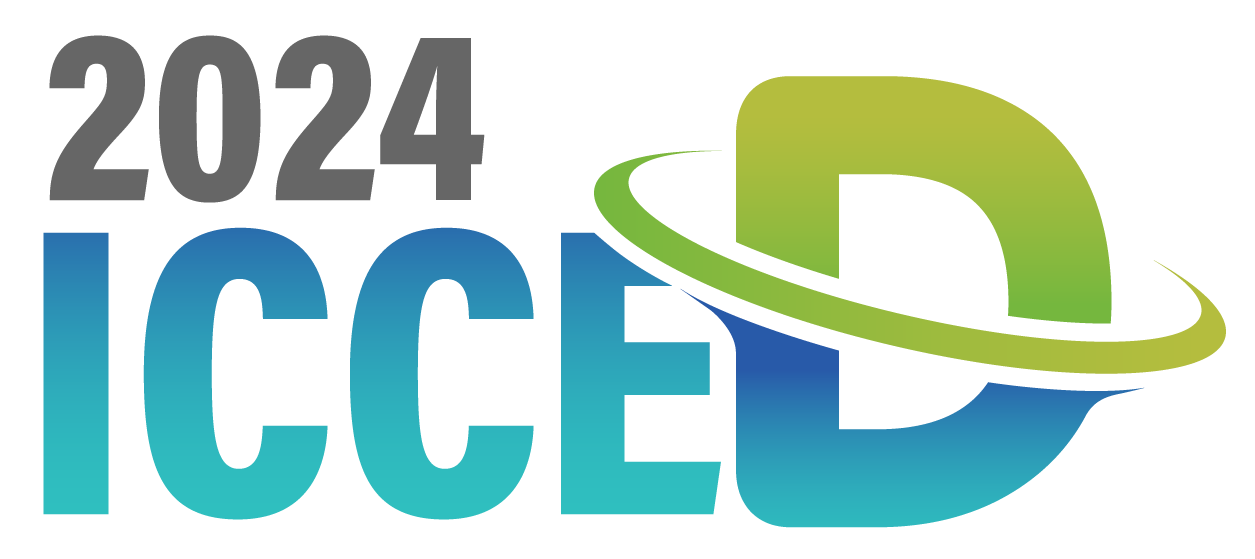Full Paper or Abstract Submission Due:
December 15, 2023
Notification of Draft Paper Acceptance:
January 15, 2024
Registration Deadline:
February 05, 2024
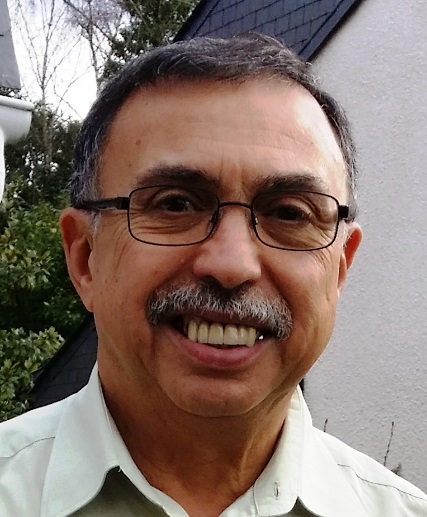 Prof. Tayeb Mohammed-Brahim, Rennes University, France
Prof. Tayeb Mohammed-Brahim, Rennes University, France
Biography: Tayeb Mohammed-Brahim is currently emeritus professor in Rennes University (France) and invited professor in South-easy University Nanjing (China). He got his PhD (Doctorat d'Etat) in Paris-XI University (France). He founded the thin-film Laboratory in Algiers University (Algeria). Then he moved to Caen University (France) where he created the reliability Laboratory. After that, he moved to Rennes 1 University where he became the head of Microelectronics Group becoming the Microetecrronics and Microsensors Department. He was also the Director of Common Center on Microelectronics in the west of France. He was mainly involved in the field of thin film and nanowire devices based on amorphous, micro-poly crystalline Silicon films or organic films: Photovoltaic cells, Thin Film Transistors for flat panel displays and OLEDs, chemical and mechanical sensors. Presently, his main activity focuses on similar electronic devices, fabricated by additive process however.
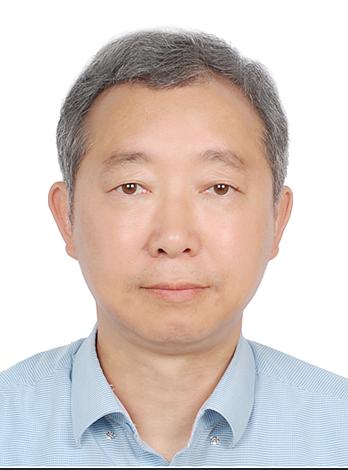 Prof. Byung Seong Bae, Hoseo University, South Korea
Prof. Byung Seong Bae, Hoseo University, South Korea
Biography: Byung Seong Bae received his Bachelor of Science degree in atomic nuclear engineering from Seoul National University, Seoul, Korea in 1984, followed by a Master of Science and Ph.D. in applied physics from the Korea Advanced Institute of Science and Technology, Seoul, in 1986 and 1991, respectively. After completing his doctoral studies, he worked at Samsung Electronics between 1991 and 1998, where he played a role in the development of amorphous and poly-silicon TFT LCDs with integrated drivers. From 1999 to 2003, he set up the high-temperature poly-silicon TFT LCD factory and developed a micro-display for projection display at ILJIN Display. Since 2006, he has been a Professor at Hoseo University, Asan, Korea, where he has continued to pursue his research interests in thin‐film devices, flat panel displays, sensors, and drive circuits by thin film transistors.
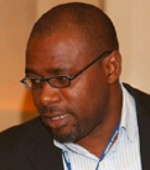 Prof. Damian Chinedu Onwudiwe, North-West University, South Africa
Prof. Damian Chinedu Onwudiwe, North-West University, South Africa
Biography: Prof. Damian C Onwudiwe obtained his PhD in Inorganic and Materials Chemistry at the University of Fort-Hare, South Africa in 2011. He gained a Postdoctoral research fellowship at North-West University (NWU), Potchefstroom campus, before joining the Mahikeng campus as Senior Lecturer in 2015 and was promoted to Associate Professorship in 2019. He is the Group Leader of the Inorganic and Materials Chemistry Research Group at NWU. His area of research encompasses inorganic synthesis and the engineering of nanostructured materials for environmental application. He has published several book chapters and research papers on diverse aspects of Inorganic and Materials Chemistry, and he is a recipient of different research travel awards including a TWAS-DFG Fellowship as a Visiting Scientist at the University of Cologne, Germany; the UK Royal Society of Chemistry (RSC) Research Fellowship to Kings College London, UK; and the Institutional Capacity Development Grant (UCDG) to the National Centre of Research in Materials Science, Tunisia. Prof. Onwudiwe is the Principal Investigator of different NRF-funded projects and has collaborations at both national and international levels. He was the 2019, 2020, and 2021 NWU FNAS Faculty Award recipient in recognition of his exceptional research track record and immense contribution in terms of innovative research and development in the Focus Area of Materials Science Innovation and Modelling. He is a college member of the International Development Peer Review of the United Kingdom Research Initiative (UKRI) and also a National Research Foundation (NRF) of South Africa Rated Researcher in the Y2 category. In addition, Prof Onwudiwe is on the Editorial Boards of different journals including Frontiers in Materials, Results in Surfaces and Interfaces, and Catalysts.
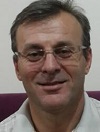 Prof. Mehmet ERTUGRUL, Karadeniz Technical University, Turkey
Prof. Mehmet ERTUGRUL, Karadeniz Technical University, Turkey
Prof. Dr. Mehmet Ertugrul was born in Trabzon, Turkey, in 1966. He received the B.Sc. degree from the Department of Physics, in 1986, and the M.Sc. and Ph.D. degrees in physics, in 1990 and 1994, respectively. From 1994 to 1996, 1996 to 2001, and 2001—2002, he was, respectively, an Assistant Professor, an Associate Professor, and a Full Professor at the Department of Physics, Ataturk University, where he has been a Full Professor at the Department of Electrical and Electronics Engineering since 2003. He is the author or co-author of more than 200 papers published in international journals and also over 200 publications in national and international conference proceedings. His current research interests include carbon nanostructures and composites, energy storage systems employing 2D structures such as graphene, dichalcogenides and MXenes, biomedical and gas sensors, ultraconducting and superconducting cables, covetics, radar absorber materials, superconducting and semiconducting devices. He worked as a visiting scientist at Oak Ridge National Laboratory between 2001-2003, 2005-2006, and 2008-2009. He has been working as a visiting profffessor at University Putra Malaysia (UPM) since 2019. Prof. Ertugrul has received several awards such as Encouragement award by The Scientific and Research Council of Turkey (TUBITAK), The Successful Young Scientists Award by the Turkish Academy of Sciences, and the best project award. He was also awarded with NATO-C scholarship in 2001 and TUBITAK scholarship in 2009. He has served as a supervisor to many masters and PhD students. He has worked for several committees such as the Higher Education Council, The Scientific and Research Council, The Ministry of Science, Technology and Industry of Turkey.
